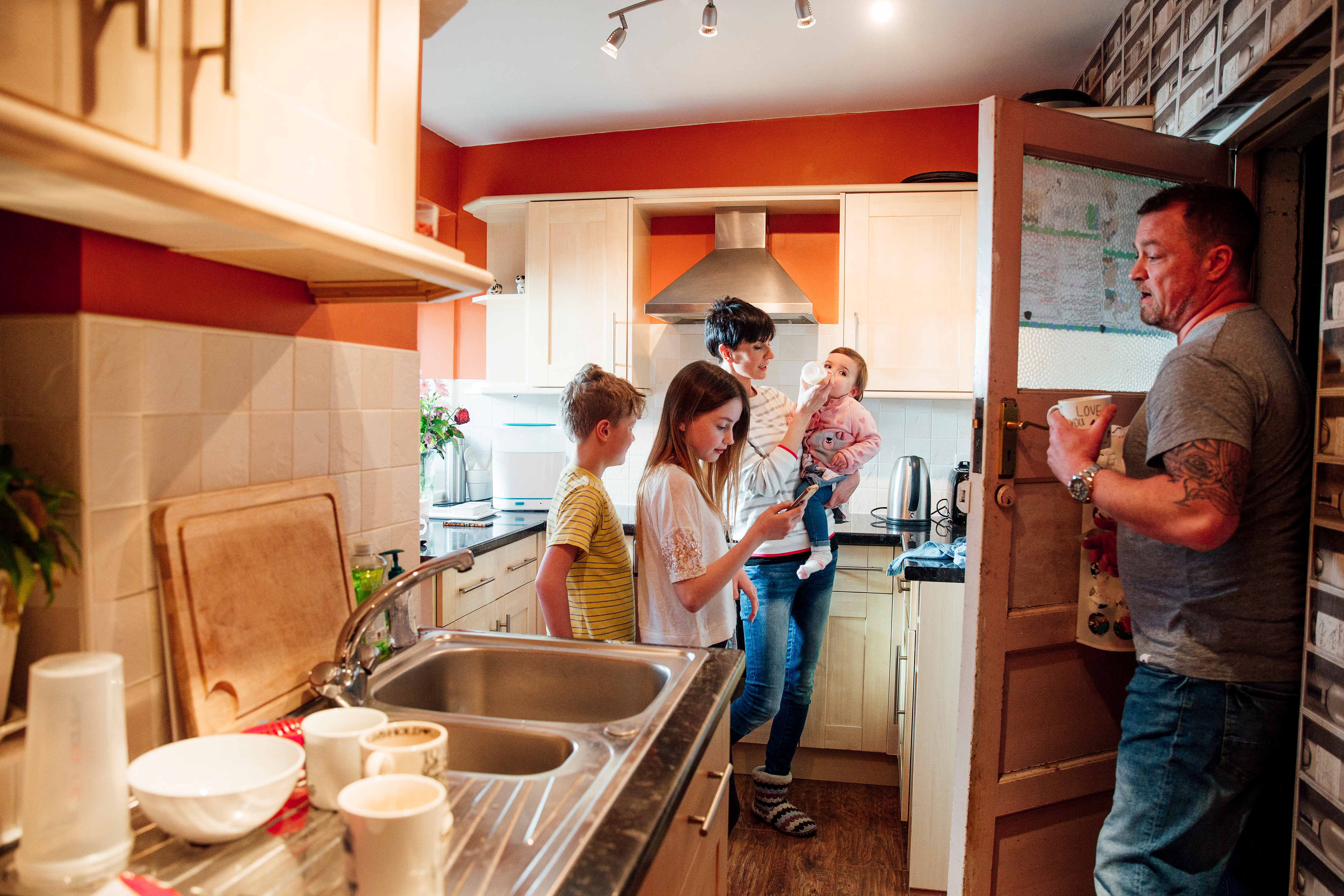

By now you have mastered hand-washing, social distancing and staying at home as much as possible and even though it’s only been a few weeks my guess is it already feels endless. Uncertainty is a nerve wracking state to live in, even for a short time. So many questions, so few answers. This situation, on top of the increased intensity of living more closely together for more prolonged periods with our loved ones can feel overwhelming and put more pressure on our relationships.
Some common themes couples have been talking to us about in the last month have included:
- Coping with information overload;
- Dealing with anxiety;
- Sharing different perspectives without conflict;
- Creating workable ‘us’ and ‘me’ time rituals;
- Developing new, and reconstructing, old rituals of connection; and,
- Avoiding the lapse into ‘humdrum’ and keeping things ‘alive’.
Regardless of who we are sharing ‘shut-down’ with – partners, parents, children, housemates – spending a lot more time together in confinement requires a shift in our personal and interpersonal coping mechanisms. For example:
- Living in uncertain times (like war or pandemics) sets the brain up to secrete more stress hormones, especially if we are worrying about our health, the health of loved ones or society in general.We can find ourselves catastrophising about our uncertain future and the uncertainty of the global impacts on everyone, generating fears about what our future lives might look like.This escalation in stress and anxiety can make us more hypervigilant to perceptions of attack and less tolerant of others in our space.Learning how our brain experiences stress, either real or imagined, can help us become more aware of where we are on our stress scale.Having some rituals for helping us relax and de-stress are especially useful at a time like this. Simple breathing techniques, meditation, exercise, stretching and yoga practise can increase our resilience and improve our feelings of general well-being.
- Learning how to truly listen to each other’s fears, thoughts, ideas, even if they are far fetched and sound crazy, without judgement, without expecting agreement and without having to solve or correct them allows each of us to feel known, understood and connected.Your goal is to hear your partner/parent/child/housemate say “Thank you for listening to me” – not “You are right”.
- Being able to engage in productive conversations about each person’s physical, emotional and intellectual needs and making adjustments to our schedules, living arrangements and space (physical and emotional), without taking it personally, helps us manage the intensity of prolonged togetherness.
- Getting creative with how we spend our time together so that it’s fun, new, different and exciting from time to time helps us release ‘happy’ hormones like dopamine, serotonin, endorphins and oxytocin.This helps us maintain our mood equilibrium and makes us feel closer and more positive towards each other.
These are just a few of the things that might help make social isolating with family and household members more bearable and strengthen your relationship resilience. For more information or help with your relationships check out our online Relationship Resilience webinar or contact our office to enquire about online therapy options.
